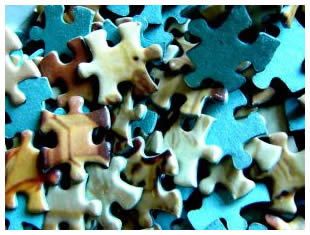 We often see people with hearing loss resist seeking
help. There are many reasons why they it
put off.
We often see people with hearing loss resist seeking
help. There are many reasons why they it
put off.
It easy to deny there is a problem and blame others for the
difficulty. Hearing loss causes voices
to sound soft and muffled. It does not appear
as if it is their hearing, just that others do not speak up or talk clearly. When they watch TV, the volume does not
sound loud to them, leading them to believe others like it very soft.
Hearing loss is often gradual. It decreases slowly over time. So slowly, that people can be unaware that
hearing is changing. Some sounds, such
as birds or voices from another room and more, fade away without being missed.
Not knowing or understanding about hearing and hearing aids,
or where to go and who to see, can create fear.
To complicate it, many have heard stories of people who were
unsuccessful with hearing aids. This can
create concern about making a good financial investment. We recommend an audiologist. Audiologists have many years of study in the area of the ears, hearing and hearing
aids. If hearing aids are recommended,
they can help find cost effective ones.
Help them to focus on what they are missing and how hearing loss
is changing thier life in negative ways.
Often those with untreated hearing loss isolate themselves and withdraw
from social situations including family gatherings. They miss out on grandchildren and their
stories. It can impact relationships and
her quality of life. Stop in your local audiologist's office pick up
some literature. Knowledge about what to
expect can help dispel some of the fear and anxiety. Encourage them just as you would with any
health issue.
The longer they put it off, the more likely they will have a reduced ability to understand words. Call and schedule a hearing
evaluation.
Life sounds
great! Enjoy every moment!
8897 Mentor Ave
Mentor, Ohio 44060
440-205-8848
Fax: 440-205-9818
Picture obtained from:
http://www.google.com/imgres?imgurl=http://images.agoramedia.com/everydayhealth/gcms/photogallery_social_withdrawal_full.jpg&imgrefurl=http://www.everydayhealth.com/depression-pictures/depression-symptoms-to-watch-for.aspx&h=400&w=300&sz=34&tbnid=kyOam7F9IAKZxM:&tbnh=103&tbnw=77&prev=/search%3Fq%3Dphoto%2Bof%2Bsocial%2Bwithdrawal%26tbm%3Disch%26tbo%3Du&zoom=1&q=photo+of+social+withdrawal&usg=__qNsHXtuDGJI5_1eQSsMWZnDP6BE=&docid=mXgLie8nGQZl0M&sa=X&ei=caTRUfibAbDLywGa1oCYBA&ved=0CEEQ9QEwBQ&dur=266










